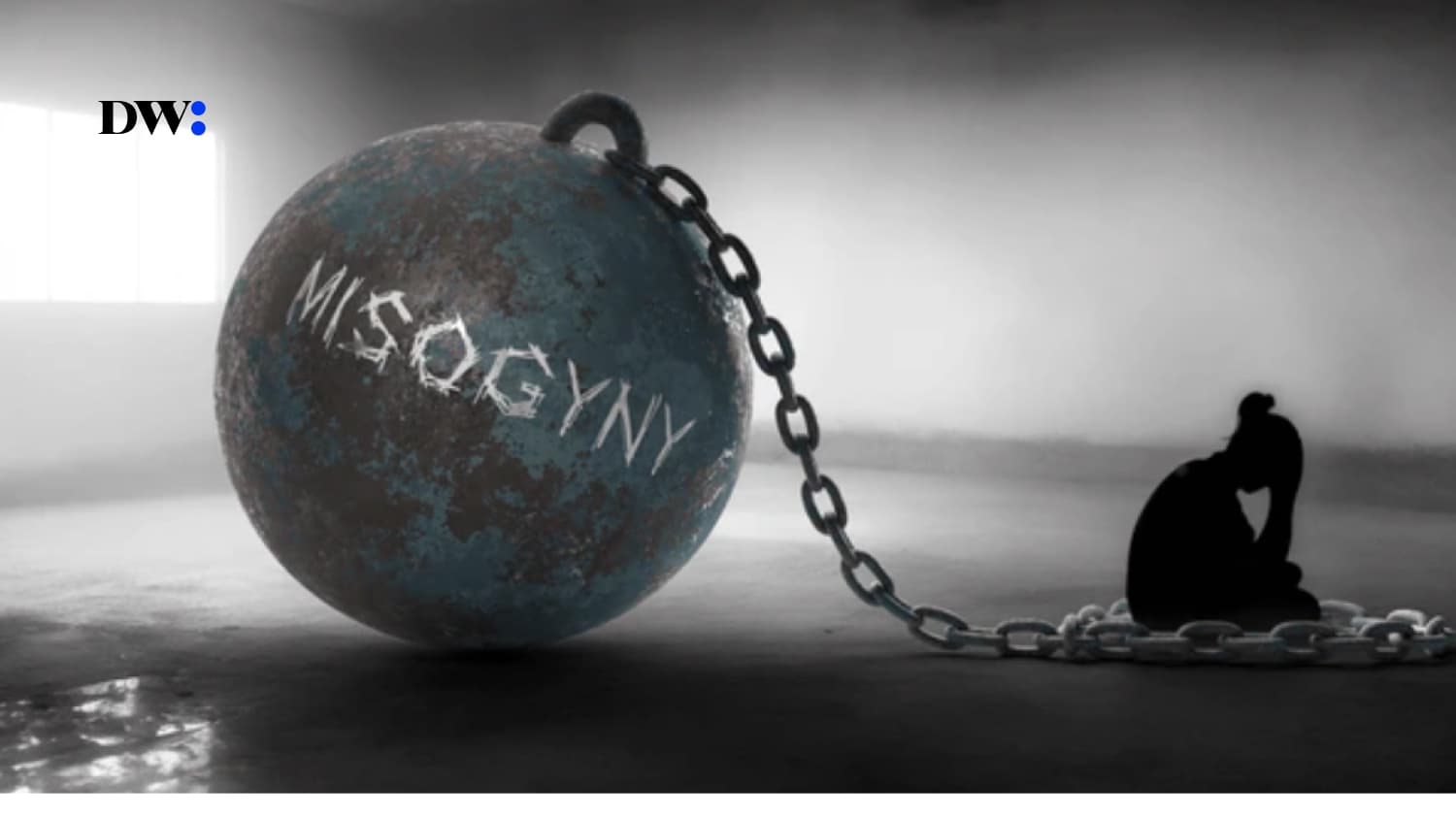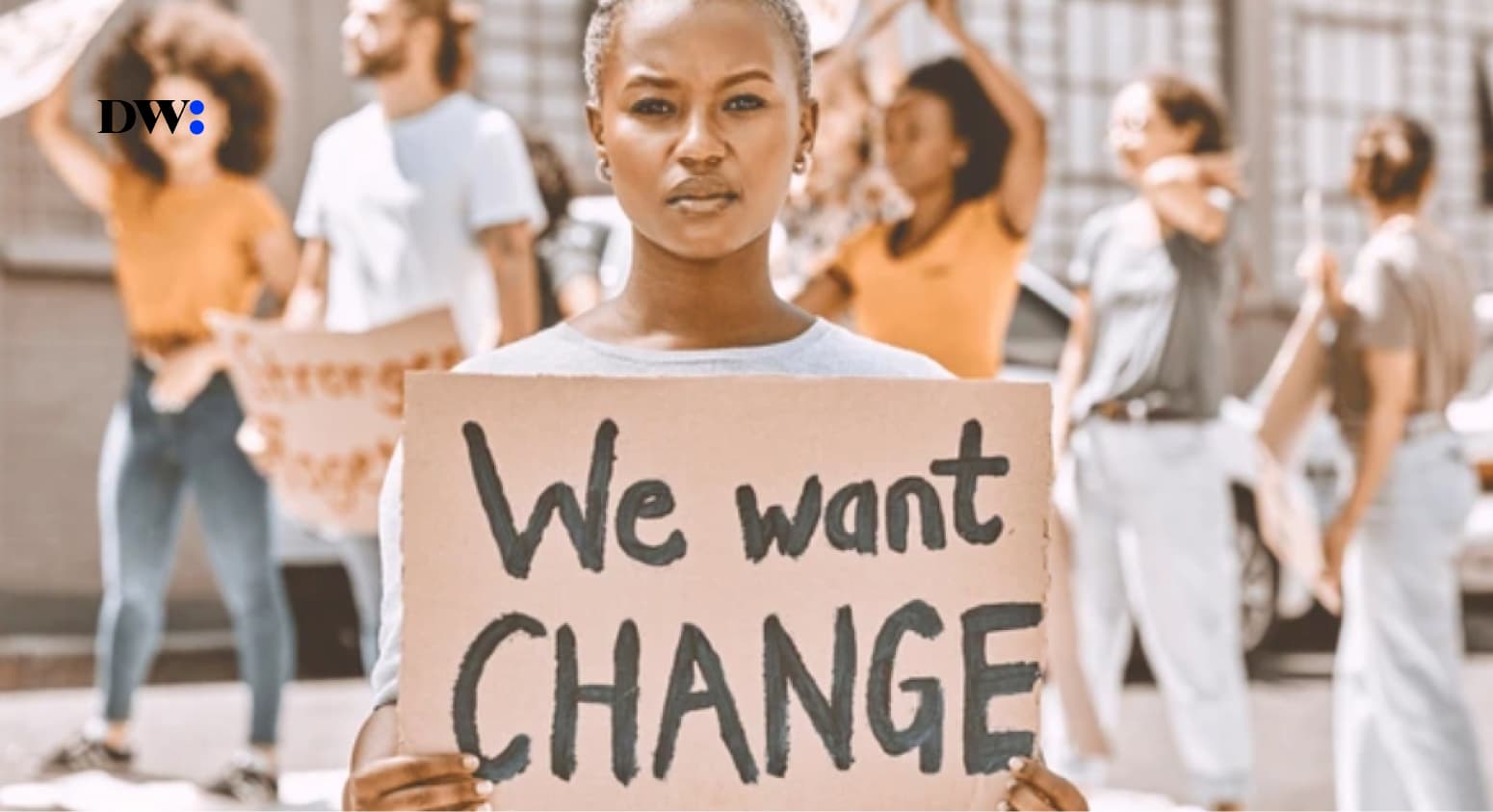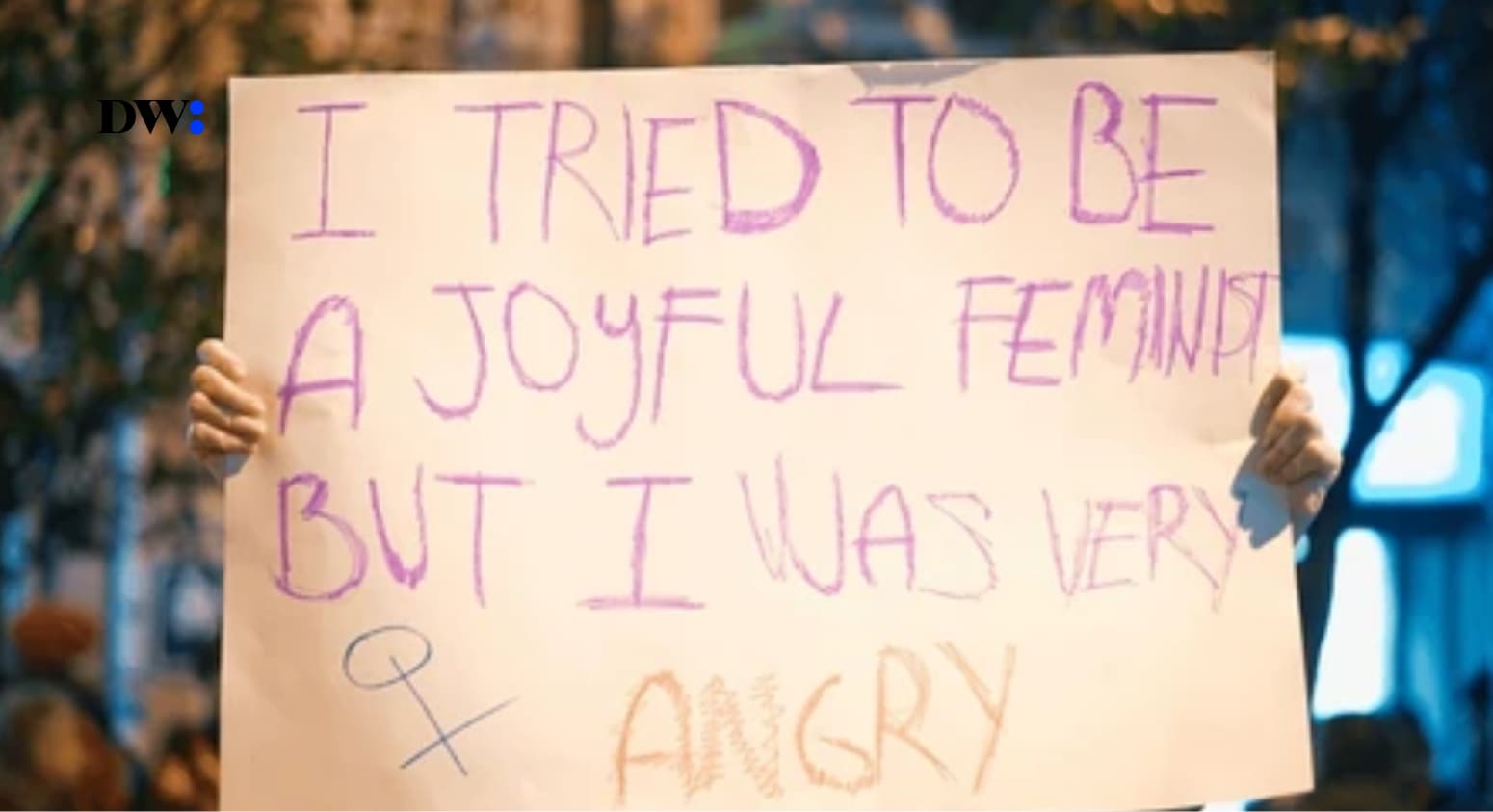When I was in secondary school, I bought into the idea that male friendships are better than female friendships because everyone said so. Naturally, I became close to the boys in my class and it did not take time for me to learn that it was not only untrue but it was a harmful belief.
While some progress has been made, society still places friendships between men above friendships between women. Statements like, “Men would never do that to each other,” not only strengthens this idea but also depicts male bonds as one built on mutual respect. In contrast, female friendships are often dismissed as fake and competitive. But is this belief truly reflective of our reality?
Every human relationship has its challenges, however, this flawed comparison of male and female friendships is patriarchal and aimed at creating division among women. It is equally proof of a deep misunderstanding of how male and female relationships are conditioned and perceived in society.
When people claim that men don’t do certain things to each other, what they actually fail to see is a dynamic between men that allows them to see each other as equals.
A dynamic that is non existent between a man and a woman. This very recognition between men is exactly what prevents certain actions that might disrupt their male bond. But this doesn’t mean they are naturally more loyal or their friendships are superior. Rather, it suggests that men reserve their worst behaviour for those they do not view as equals—more often than not, this means women.
A perfect example of how men treat the women in their lives can be seen from the troubling responses to the hypothetical question on X: “If your friend got shot and your wife is having a baby, who are you going to see in the hospital?”
Many people chose their friends. This particular user’s tweet suggests that the friend is more family than the wife and unborn child. This tweet got more than three thousand likes in 24 hours.
An important aspect of male relationships that is easily overlooked is what they bond over. A lot of men bond over misogyny and reducing women to mere objects of male gratification.
This can be observed in the tweet shared by an X user, alongside a picture of a drug, where he encouraged other men to use it on women who refuse to have sexual relations with them. The drug in question is designed to treat female sexual dysfunction. It is basically called the female Viagra. The tweet got 621 reposts and 384 likes in less than 24 hours.
More recently is the Gisèle Pelicot case, a 72 year old woman who was drugged, raped and filmed by her husband of 50 years over a span of 10 years. The husband went further to invite over 80 men to participate in the abuse of his wife. The fact that none of these men reported the crime reveals a disturbing level of male solidarity and complicity when it comes to the marginalization and abuse of women.
According to a BBC report, these men come from ordinary backgrounds and diverse professions, which is proof that the issue is not peculiar to a sector or profession but a broader cultural problem. It is safe to say that men, regardless of their profession, race, financial status, religion, political affiliation and cultural background can come together to bond over shared misogyny. Misogyny is the language a lot of men speak.
It becomes clear that men do not hold back from doing terrible things to their male friends out of ‘moral superiority’, but because they recognise and respect each other’s power within the social hierarchy. However, this dynamic changes drastically when it comes to women. Men, who might never dream of betraying a close male friend, can and do commit unspeakable acts against their female friends, such as rape, drugging, femicide and sexual violence. And these four things are some of the many other things women will never do to each other, but guess who will? Their male friends!
It is common knowledge that layers exist within the male social hierarchy, where richer men believe themselves to be superior to other men who are not as financially capable as they are. These men often boast about taking their friend’s women by offering them money. This proves that men do not only do awful things to women, they also do it to other men.
The question now is, what exactly do women do in their friendships that men haven’t already done, not only to women but also to other men? How has society convinced us that men who do not hold each other accountable somehow have better friendships, when we can see that their fragile egos prevent them from doing so when boundaries are crossed?
This double standard reflects a deeper societal problem: the normalisation of violence and mistreatment against women, and the failure to hold men accountable for their actions.
It will be unfair to ignore the fact that women have been and continue to be socialised from a young age to compete with each other. Society continues to decorate a man’s attention to be the ultimate prize that they trip over each other to claim. A lot of women grew up watching movies like Something Borrowed, Mean Girls, The Wedding Date and My Best Friend’s Wedding.
Movies like this do not only reinforce division and mistrust among women but it also feeds the narrative that friendships between women are always dramatic and filled with jealous rivalry. Considering the profound influence the media has on the minds of young people, more shows like Nollywood’s Smart Money Woman and movies like Someone Great that celebrate good female friendships should be made to correct the wrong ideas we grew up believing.
In reality, female friendships are formed on shared experiences of showing up in a world that constantly undermines their worth. A lot of women now understand the reality of misogyny and broad marginalisation and as such, try to protect each other in ways men do not even care to recognise. Unfortunately, there are still women who are yet to reach this level of understanding, and some who try to protect each other from a flawed perspective— such as encouraging women to pursue financial security through marriage rather than advocating for financial independence. While this is misguided, the intention is still to look out for each other.
The idea that women’s friendships are less genuine is not only false but dangerous, as it pushes a narrative that undervalues the importance of solidarity among women while excusing, and glorifying harmful behaviours among men. It also robs young girls of the experience of forming meaningful friendships with each other.
Ultimately, the comparison between male and female friendships should not be about which is more genuine or superior but rather about acknowledging the societal forces that shape these relationships. It is imperative to question why male friendships are celebrated despite the harm men cause, not just to women but to other men, and why female friendships are dismissed despite their critical role in resisting a world that often pits women against each other.





